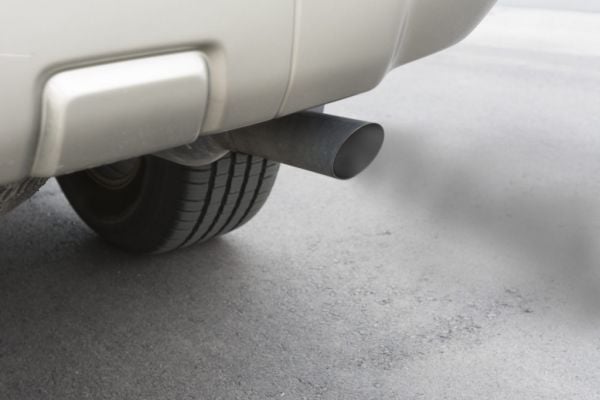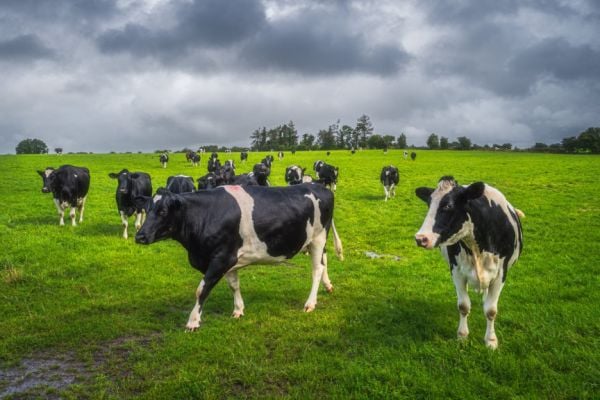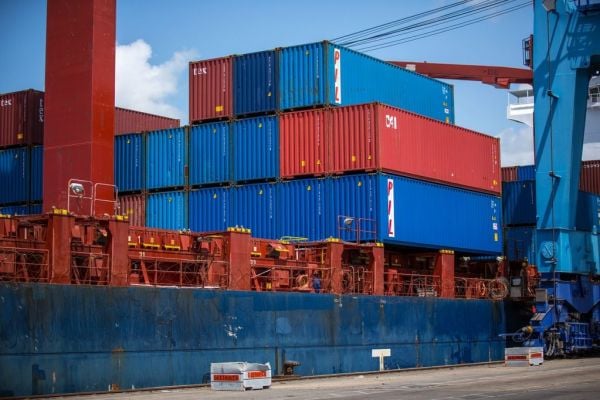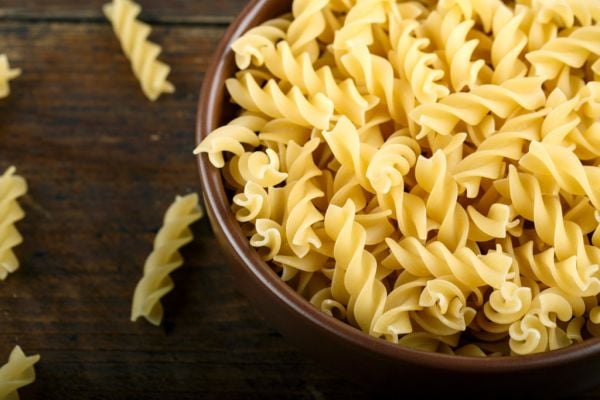A well-designed carbon tax could reduce emissions and alleviate income inequality, according to the Economic and Social Research Institute.
In a special article the firm published today, the ERSI said that it estimates a reduction of carbon emissions by 3.9% for a carbon tax increase of €30 per tonne, and by 10.2% for a carbon tax increase of €80 per tonne.
It said that poorer households often spend a greater proportion of their money on energy than richer households, and as a result, the carbon tax is thought to be regressive.
However, the ERSI argues that if the revenues raised by the tax are returned to households, the overall negative effect on income distribution can be corrected.
It suggested that a well managed carbon tax system that would direct more revenues towards less affluent households.
Recycling Mechanism
A blunt carbon tax would devastate poorer and rural households, with the ERSI scything that every household bears some cost, ‘but the cost is greatest for the poorest households’.
‘A flat allocation, while equal in monetary terms for each household, is larger in comparison to total expenditure for poorer households than for richer households,’ the ERSI said.
‘For this reason, the flat allocation compensates poorer households more than richer households as a proportion of expenditure.’
The report suggested, however, that more targeted measures would benefit the poorest households far more than the flat measure.
‘The targeted measure is, therefore, more progressive, which is appropriate given that higher income households emit higher levels of carbon,’ it explained.
The firm claimed that how much these recycling mechanisms can reduce income inequality increases as carbon taxation increases.
‘This is because higher carbon taxes yield higher revenues, and so if appropriate recycling mechanisms are chosen, the reductions in inequality are greater,’ it said.
© 2019 Checkout – your source for the latest Irish retail news. Article by Aidan O’Sullivan. Click sign-up to subscribe to Checkout.









